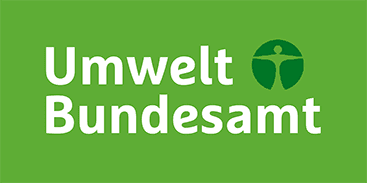

The
Sign up for free.

The Umweltbundesamt, both in Austria and Germany, is a leading expert institution in the field of environmental protection and sustainability.
The Austrian Umweltbundesamt, based in Vienna-Althangrund, is the most significant expert institution for the environment in Austria. It stands for the transformation of the economy and society to ensure sustainable living conditions. The experts develop decision-making bases at local, regional, European, and international levels and work transparently and impartially in dialogue with politics, administration, business, science, and civil society[1].
The German Umweltbundesamt, under the legal supervision of the Federal Ministry for the Environment, Nature Conservation and Nuclear Safety, is the scientific environmental authority in Germany. It investigates, describes, and assesses the state of the environment to detect and mitigate negative impacts on humans and the environment at an early stage[3].
The Umweltbundesamt, both in Austria and Germany, plays a central role in ensuring sustainable living conditions and protecting the environment. Through their comprehensive analyses, transparent working methods, and close dialogue with various stakeholders, they significantly contribute to shaping an environmentally friendly and healthy future.